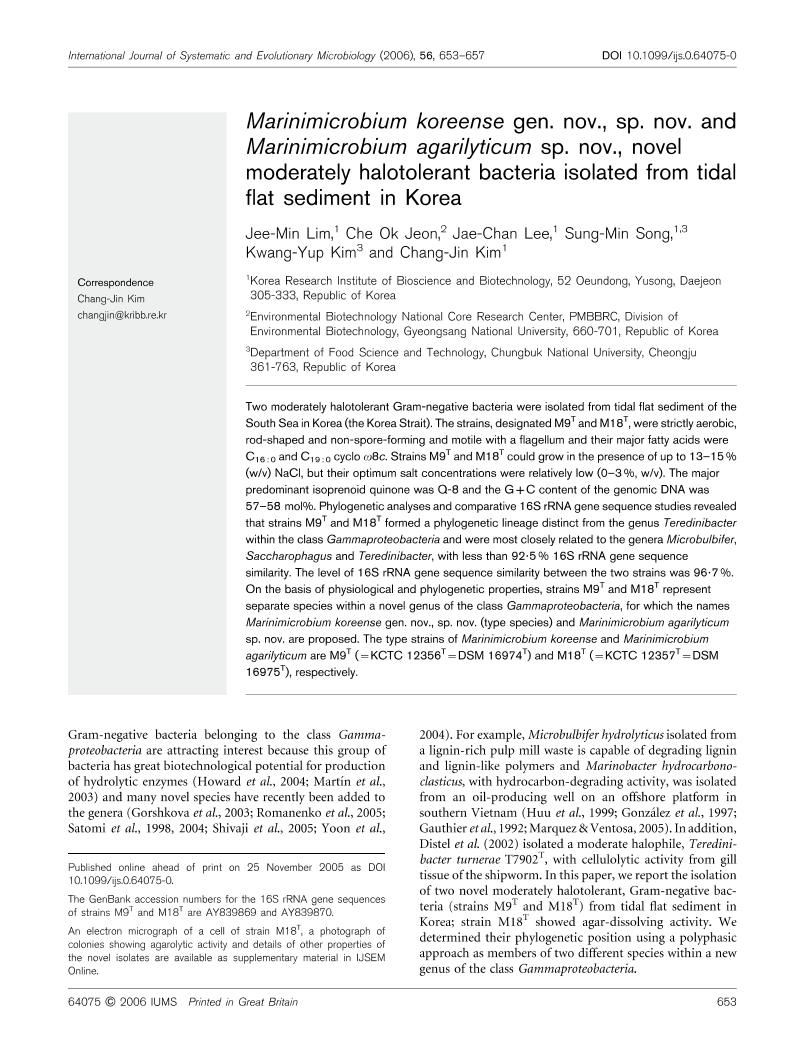Pathogenesis of Neuropsychiatric Syndromes of Systemic.
Systemic lupus erythematosus (also called SLE or lupus) is an autoimmune condition. The normal role of your body's immune system is to fight off infections and diseases to keep you healthy. In an autoimmune disease like lupus, your immune system starts attacking your own healthy tissues.
The clinical manifestations of the disease may vary in severity from limited cutaneous lesions (cutaneous lupus erythematosus, CLE) to severe systemic disease, especially involving progressive renal damage (systemic lupus erythematosus, SLE).

Although the term “lupus erythematosus” was introduced by 19th-century physicians to describe skin lesions, it took almost 100 years to realize that the disease is systemic and spares no organ.
Systemic lupus erythematosus (SLE) is an autoimmune disease featuring enhanced expression of type I interferon (IFN) and autoantibody production triggering inflammation of, and damage to, multiple organs. Continuing research efforts focus on how gut microbes trigger systemic autoimmunity and SLE.

Summary Systemic lupus erythematosus often abbreviated to SLE or lupus, is a systemic autoimmune disease that can affect any part of the body. This article deals with basic fundamentals about this autoimmune disease, the epidemiology, the pathology of the disease, the sign and symptoms of the disease, the current therapy available and scope of research in this field.

Systematic Lupus Erythematosus (SLE) is a chronic disease with a significantly improved life expectancy due to early recognition, diagnosis, monitoring, and therapy of patients. In this Journal of Autoimmunity Special Issue the most recent findings in the field of SLE are addressed.

This article is the first to review published research on psychosocial factors and behavioral interventions related to systemic lupus erythematosus (SLE). The first section presents descriptive studies, followed by studies that investigate psychosocial factors as predictor and outcome variables.

Systemic Lupus Erythematosus is a useful reference for specialists in the diagnosis and management of patients with SLE, a tool for measurement of clinical activity for pharmaceutical development and basic research of the disease and a reference work for hospital libraries.

Systemic lupus erythematosus (SLE) is the paradigm of systemic autoimmune diseases characterised by a wide spectrum of clinical manifestations with an unpredictable relapsing-remitting course. While paediatric cases are described, SLE typically affects women between 16 years and 55 years.

The only fully peer reviewed international journal devoted exclusively to lupus (and related disease) research. Lupus includes the most promising new clinical and laboratory-based studies from leading specialists in all lupus-related disciplines. Invaluable reading, with extended coverage, lupus-related disciplines include: Rheumatology.

Acquired immunodeficiency syndrome and lupus erythematosus are multisystem diseases that can affect several organs and systems at different stages of disease evolution. Both diseases share common clinical manifestations, which may lead to diagnostic difficulties, especially at the onset of the disease. Another additional challenge is when there is an association of the two pathologies.

Systemic lupus erythematosus (SLE, lupus) is the prototype of systemic autoimmune disease (AD). Immune system activation in SLE is characterized by exaggerated B-cell and T-cell responses and loss of immune tolerance against self-antigens.

Systemic lupus erythematosus (SLE), also known simply as lupus, is an autoimmune disease in which the body's immune system mistakenly attacks healthy tissue in many parts of the body. Symptoms vary between people and may be mild to severe. Common symptoms include painful and swollen joints, fever, chest pain, hair loss, mouth ulcers, swollen lymph nodes, feeling tired, and a red rash which is.




